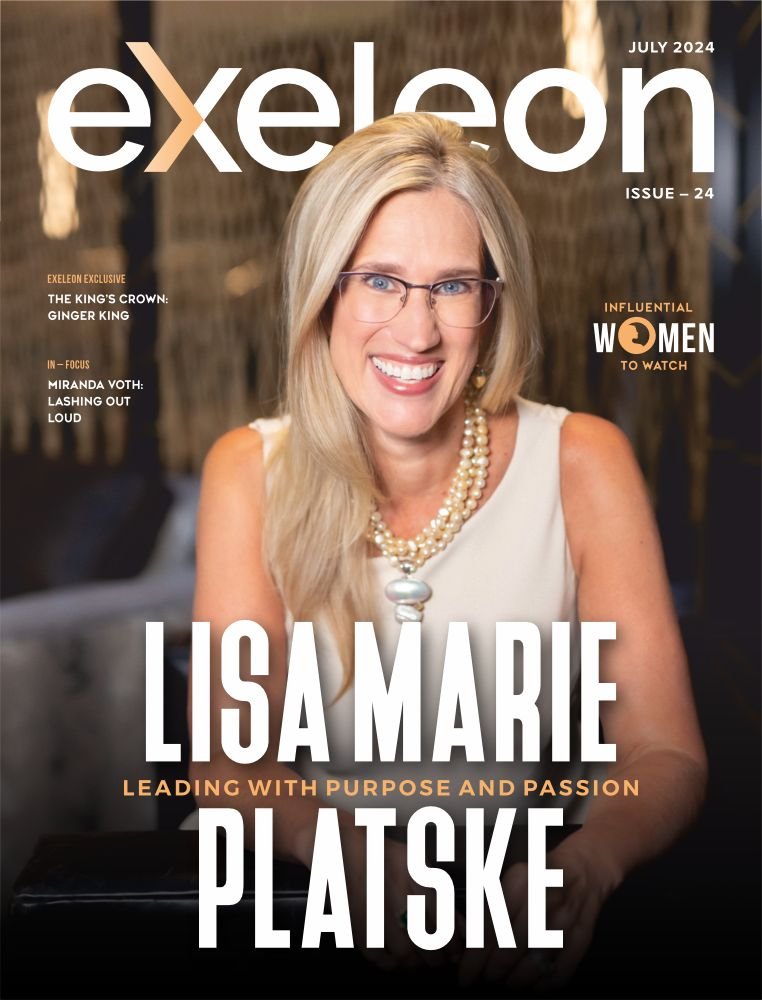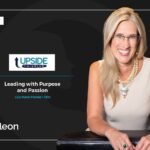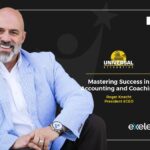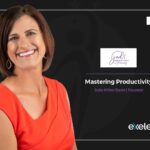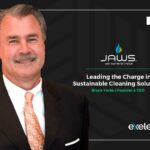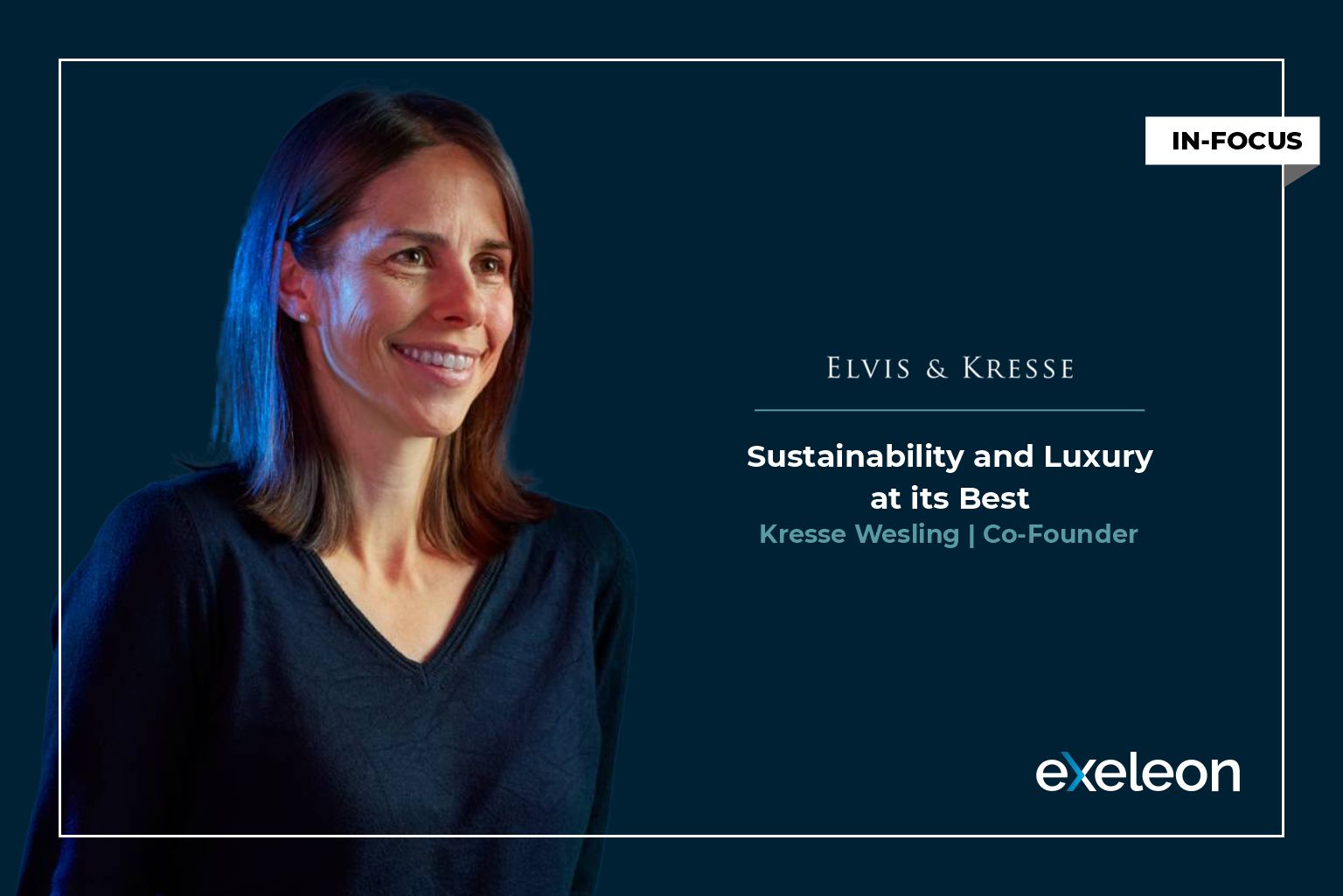
Sustainability and Luxury are two words that can rarely be infused together. While the first refers to our ability to sustain the ability of natural systems for a better tomorrow, the latter refers to enjoying life with a state of great comfort or elegance, involving great expense. So how can one enjoy a lavish life while saving the planet for generations to come? Is it even possible to get the best of both worlds? Apparently, Kresse Wesling has the answer to this question.
Kresse Wesling is the Co-founder of Elvis & Kresse, a sustainable luxury fashion brand that turns industrial waste into innovative lifestyle products. Besides saving the world from landfills full of industrial waste, Kresse is also a multi-award-winning environmental entrepreneur and Young Global Leader with a background in venture capital and start-up experiences.
This exclusive interview with Kresse illustrates her journey of becoming a pioneer in the luxury fashion industry. Here are the excerpts from the interview.
What according to you makes one a pioneering leader? How do you integrate the same thought into your leadership?
Pioneering means that you were the first, or among the first to achieve something. We were certainly the first business to successfully transform decommissioned fire hose into luxury goods, and also the first luxury business to donate half of its profits to charity. We integrate our values into the design of our products and to the processes, decision-making and structure of our business. There is so much that has to be done to address climate change, biodiversity loss, rising inequality and polarization we need pioneers to take the risks and solve these problems, we need investors and citizens to back them, and we need teams of people to support the scaling up and proliferation of solutions that are proven to be net regenerative.
Talk to us about your growing up years. What is your earliest memory as a leader that you can remember?
I grew up in Western Canada. I had an amazing family and spent a lot of time in nature. I am not sure that I remember this myself but many of the families from my neighborhood do, and one of the Mom’s apparently has it all on tape. I used to get all of the kids together and direct them in some kind of show… and by the sounds of it I was quite a tough Director!
How did the idea of a sustainable luxury fashion brand come about?
Our idea started entirely with the hose itself. I fell in love with Duraline hoses the moment I saw them, in 2005, piled up on a rooftop at a fire station in Croydon, awaiting an imminent and undignified death in landfill. Fire hoses are decommissioned for one of two reasons, they either reach the 25-year end of their health and safety life or they are too damaged to repair. They either miraculously survive 25 years of active service, or they die trying. We weren’t entrepreneurs in search of an idea, we didn’t set out to make luxury accessories. We simply wanted to save the hose. We couldn’t let these rich, durable, life-saving, lustrous coils of deep red nitrile rubber go. Elvis learned to sew. We started with a simple range of belts and grew slowly from there. We have rescued all of London’s decommissioned hoses since 2005, and have donated 50% of the profits to the Fire Fighters Charity. So these hoses are still working hard, long after their first life. Imagine that, hoses that were supposed to die in landfill are instead helping firefighters.
What has been the environmental impact of Elvis & Kresse since its inception?
Our chief environmental impact is that we have rescued 279 tonnes of material from landfill and transformed it into new goods. Beyond this though, is our wider impact. We have wide ranging collaborations and we know that our work has inspired all kinds of start-ups and upcycling work. We also use renewable energy, treat all our own waste water, are building our own straw bale workshop and are working towards net zero.
Being the Founder and Director, what role do you play in the day-to-day proceedings of the company?
I am primarily involved in business development, marketing and strategy. Elvis works more on design, production and logistics. We are still classic entrepreneurs… obsessed with every detail.
How would you sum up your journey over the years? Looking back, what would you have done differently?
We have definitely made mistakes… too many to count! I am not sure I would do anything differently though as we are really pleased with where we are and we know that we are as much a product of our successes as we are of our failures.
With more and more entrepreneurs adopting sustainable business models, what would be your advice for these emerging leaders?
My advice is to examine every decision you make… how you design your business will determine how much good it can do for the environment and for society. Build in regeneration. Design a business that does more good than harm. Trust me, this might mean extra work in the short term but it means more joy, less guilt, and a happier team in the long run.
Finally, what does the future look like for Kresse Wesling and Elvis & Kresse?
During the pandemic we relocated the business to a farm in Kent. For a long time we have felt that we wanted to be directly involved in regeneration… in addressing climate change and biodiversity loss. We are now launching a regenerative agriculture project which includes grape growing (eventually wine making), holistic planned grazing, agroforestry, market gardening and more. So I guess you could say that farming is in our present and wine-making is in our future. We also plan to expand Elvis & Kresse’ impact by rescuing and transforming more materials that would otherwise be destined for landfill.

